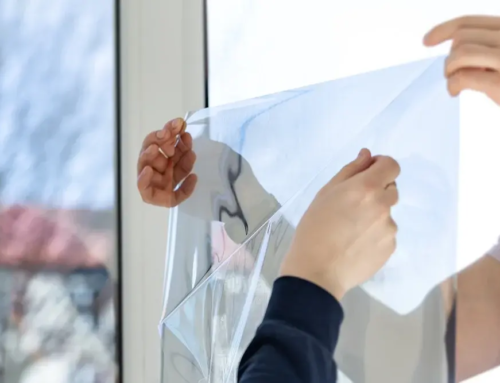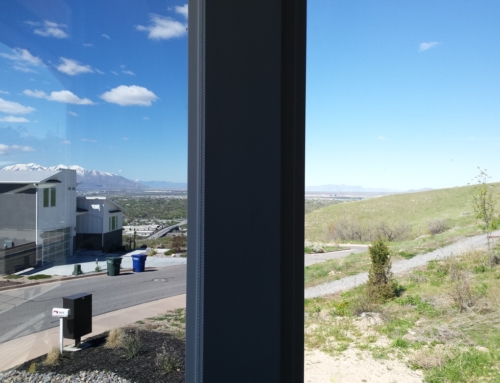When people look into getting their windows tinted, it is usually in the summer time. This makes a lot of sense. Windows tend to work as little infiltration points that heat up your home and drive up your AC bill during the summer. So people want to get their windows tinted when it is unbearably hot outside. On top of that, window tinting reduces the amount of direct sunlight that is getting into a home, so that it is less unbearable brightness. However, we believe that it is even more important for a home to get tinted windows for the winter time. Here are a handful of reasons why…
Window tinting helps insulate windows
Just like how window tinting helps keep the heat out during the summer time. It also works to keep all of the heat inside your home, during the winter time. On top of that, the insulative qualities of our advanced window tints also prevents cold from leaking into your home. This means that it is far easier to keep your home at the temperature that you want, and that you won’t have pockets of cold around every window, during the winter time, at least not to the degree that you would if you didn’t have tinted windows.
Reduces energy costs
Because window tinting treatments are such a force of insulation, that means that they can help you reduce energy costs in the winter, when the price of heating begins to climb. Although it depends on your particular provider and where you live, it is typically more expensive to heat a home than it is to cool it down. For this reason, the energy savings that one receives from tinted windows is even better in the winter time than it is in the summer time.
Light can be brighter in the winter
Aside from the amazing energy saving benefits, one of the other main reasons that people get their windows tinted is because it makes it more pleasurable to look out of them, since they reduce the brightness of staring out into daylight. Essentially, they are like really nice sunglasses for your home. Although there is less daylight in the winter time, it is far brighter during those daylight hours on a cloudless day, since the sunlight reflects off of the snow, which can increase the brightness by a significant amount. Window tinting helps mitigate that brightness.






